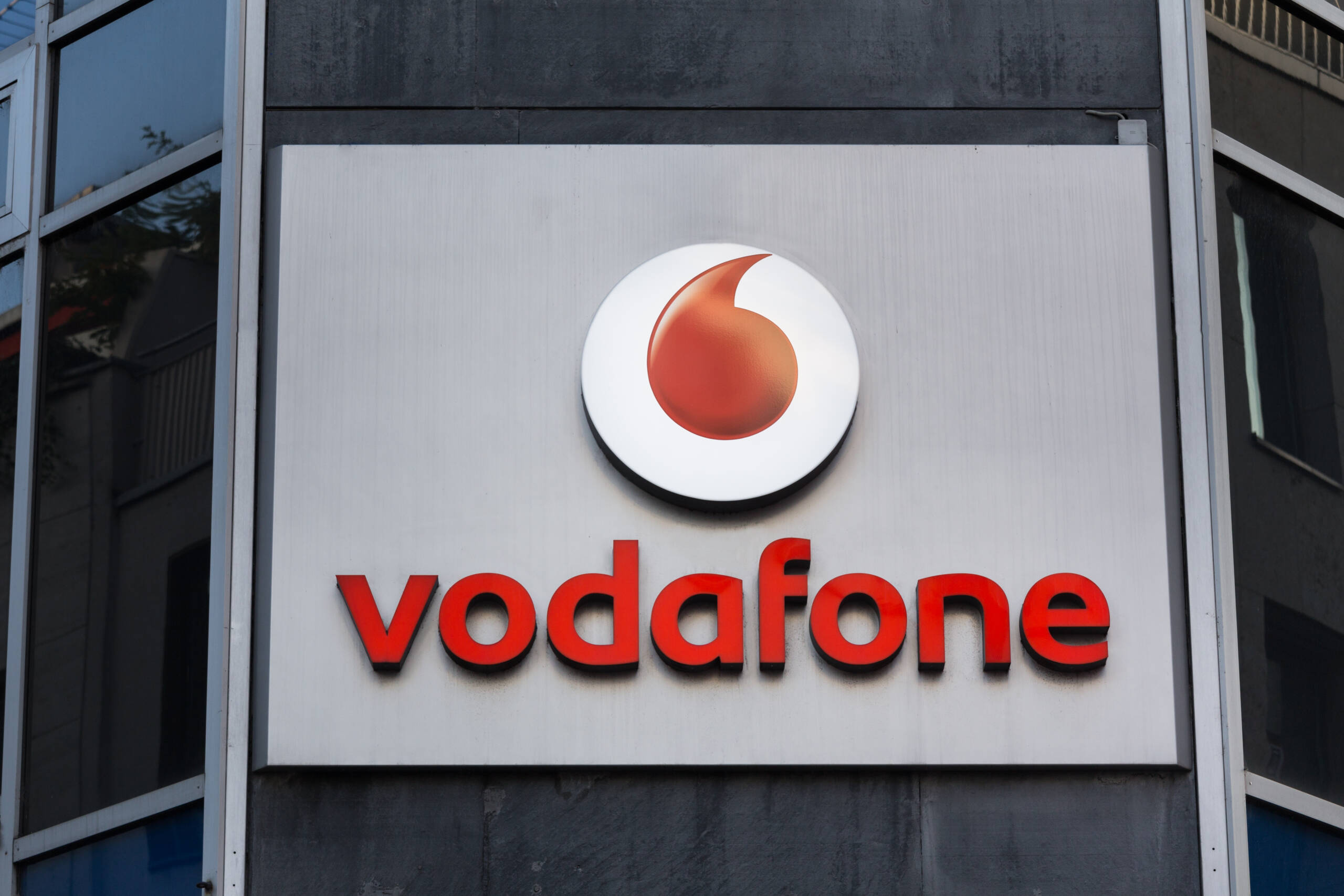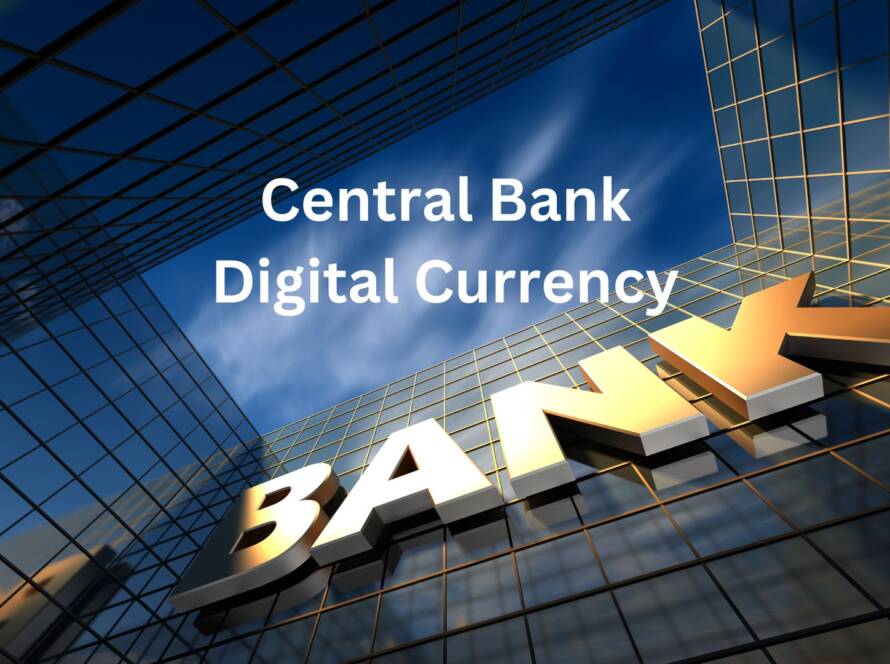The announcement marks another leap forward for the real-world adoption of NFTs.
It’s been a tumultuous year for general crypto regulation in some parts of the world, but that hasn’t slowed the growth of NFT adoption. Vodafone, one of the world’s largest telecommunication providers, has confirmed that it will soon launch an NFT collection on the Cardano network.
Posting in the official Vodafone Discord on June 29, the company confirmed that the collection will provide “real utility and benefits” to Vodafone customers. There will be no whitelist or roles for early joiners as the company seeks to avoid a culture of “grinders and flippers”.
The mint date hasn’t been confirmed and the project is still developing.
The launch comes from Vodafone Germany, so it will only be able to provide benefits to German customers. “However, we are still exploring options on how to include all of our international community members,” the company wrote.
Why Cardano?
Cardano is a proof-of-stake blockchain ecosystem founded by Ethereum co-founder Charles Hoskinson. The network is secured by the ADA token.
Vodafone stated that they chose Cardano because the chain “comes down to community, sustainability as well as cross-chain possibilities”.
Read more: Cardano Explained | A beginner’s guide
And it’s true. Cardano is roughly 1.6 million times more energy efficient than Bitcoin, and the network is built to be incredibly scalable with regular upgrades.

The network is currently in its ‘Basho’ phase of development, which is a period of optimization, scalability and interoperability. Unlike previous developments that focused on decentralisation, Basho focuses on improving the network to support growth and adoption for applications with high transaction volume.
Sidechains will be a major feature of this era. “Overall, the Basho era will see Cardano become one of the most high performance, resilient, and flexible blockchain platforms in the industry,” the company roadmap outlines. “This will provide a network infrastructure with the capability to scale in a sustainable, secure way, as well as the ability to add new functionality without compromising the reliability at the core of the network.”
When it comes to its focus on real-world adoption, Cardano has always been ahead of the game. Since its initial inception, it’s enterprise goals have included:
- Banking the worlds unbanked.
- Improving the integrity of healthcare and pharmaceuticals by verifying the origin and supply chain of medicines sold online.
- Enhancing government security through robust digital identification.
- Using blockchain to support stakeholders in the agricultural supply chain from “farm to table”.
- Creating a tamper-proof system to prevent the sale of counterfeit goods.
- Education credential verification.
In other NFT news…
In other news, blue-chip PFP projects like Azuki and Bored Ape have had a bit of a sore week. On Wednesday, Azuki’s floor price rapidly dropped after the disappointing post-mint artwork reveal of its hotly-anticipated Elementals collection. Pieces that sold at a minting cost of 2 ETH were selling on OpenSea a day later for 1.7 ETH.
Similarly, Bored Ape Yacht Club’s floor price also took a tumble last week, sinking from approximately 45 ETH on June 17 to 33.9 ETH on June 24. The volatility was traced back to Jeffrey Huang, aka ‘Machi Big Brother’, who sold over 50 Apes on Blur in one weekend. On the Saturday, Huang flogged 19 NFTs in one transaction for 651 Ether (~$1.2 million).
This doesn’t suggest that NFTs are falling out of favour. It likely means that the market is pivoting toward functionality and mass adoption, rather than blue-chips JPEGs.
Vodafone has likely made a sensible decision to opt for a utility collection that provides benefit to customers.
Disclaimer: CryptoPlug does not recommend that any cryptocurrency should be bought, sold, or held by you. Do conduct your own due diligence and consult your financial advisor before making any investment decisions.




